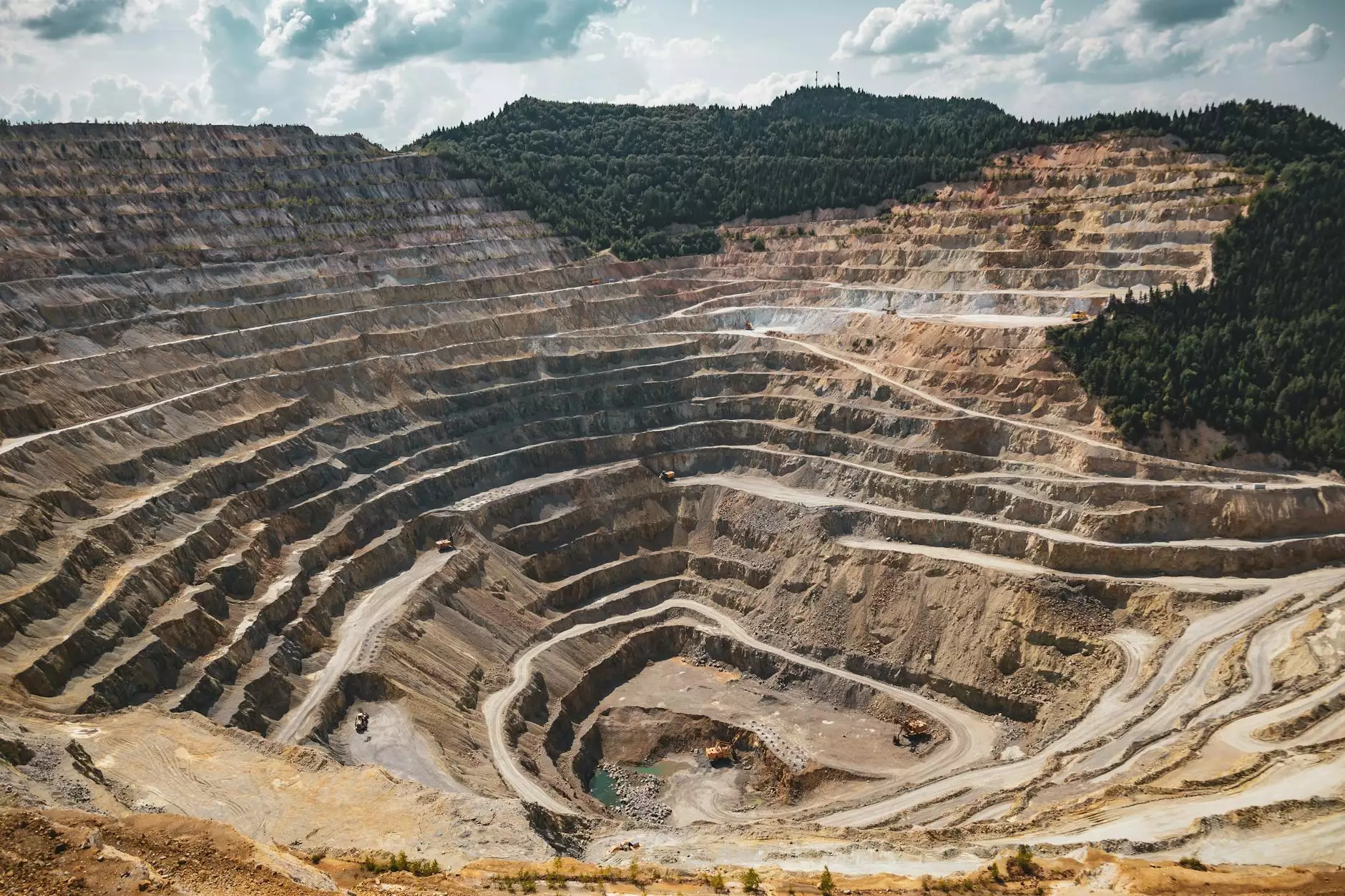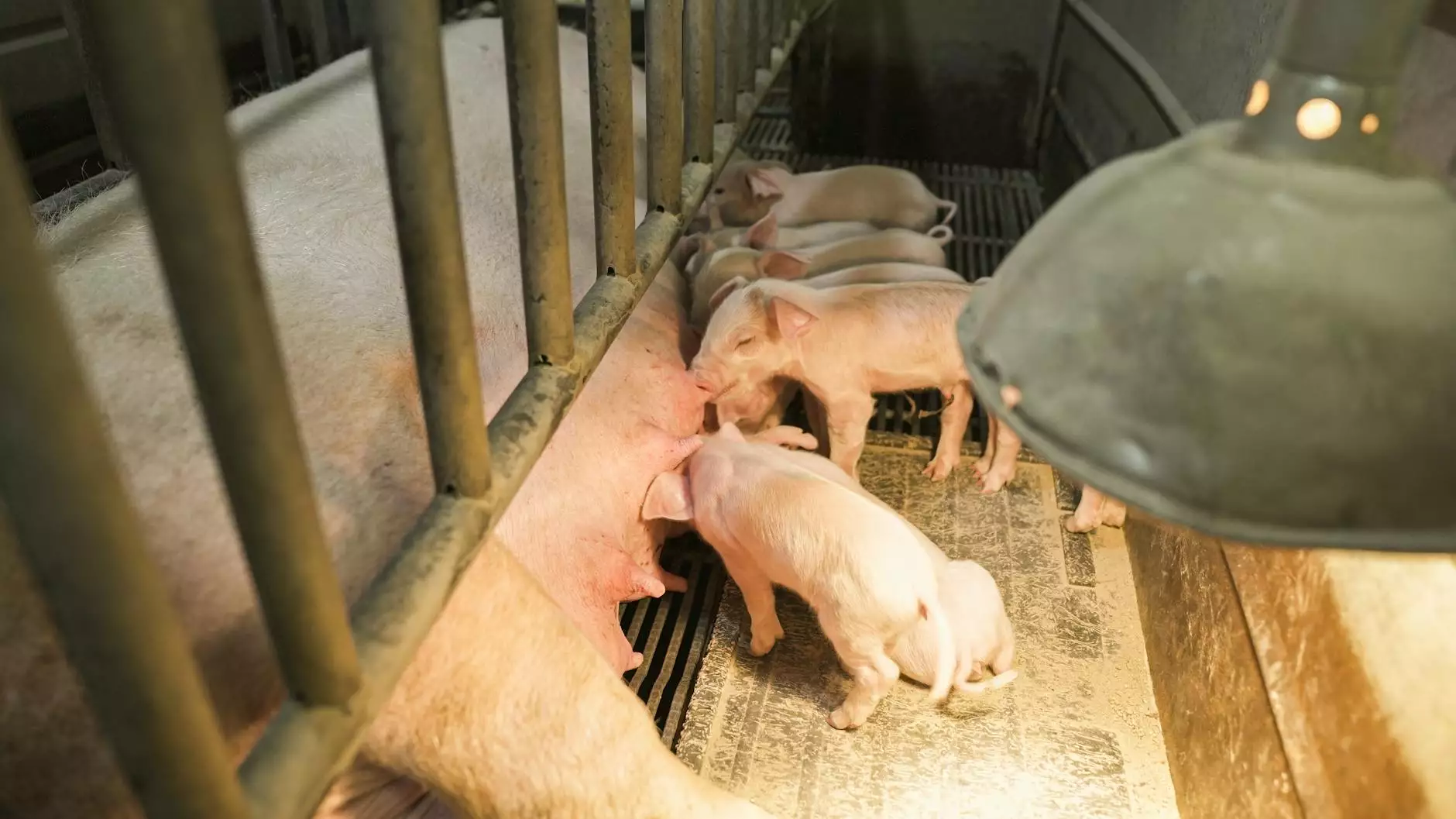Impacts of Soil Erosion Degradation and Deforestation

Overview
Soil erosion degradation and deforestation have significant impacts on our environment and society. These issues pose serious challenges to sustainable development, threatening not only our ecosystems but also the livelihoods of millions of people worldwide.
Environmental Consequences
Soil erosion is a process that removes the top layer of soil, leading to the loss of fertile land and reduced agricultural productivity. With deforestation exacerbating the problem, the consequences for the environment become even more severe.
1. Loss of Biodiversity
Soil erosion and deforestation contribute to the loss of habitat for countless plant and animal species. Forests host a wide range of biodiversity, and their destruction disrupts entire ecosystems, leading to the potential extinction of numerous species.
2. Increased Flooding and Landslides
When trees are removed and soil erosion occurs, the land becomes more susceptible to flooding and landslides. Forests play a crucial role in absorbing rainwater and stabilizing slopes, preventing natural disasters that can endanger lives and property.
3. Soil Fertility Depletion
Erosion removes the nutrient-rich topsoil, which is essential for plant growth. This leads to reduced soil fertility, affecting agricultural yields and posing a threat to food security. Without fertile soil, farmers face challenges in growing crops and maintaining healthy ecosystems.
Social Implications
The impacts of soil erosion degradation and deforestation are not limited to the environment alone. These issues have profound social implications that affect communities and societies in various ways.
1. Economic Loss
Soil erosion and deforestation have significant economic consequences. Reduced agricultural productivity leads to decreased incomes for farmers and increased food prices for consumers. The loss of forests also affects industries such as timber, tourism, and pharmaceuticals, which rely on forest resources.
2. Displacement and Migration
In some cases, the degradation of land due to erosion and deforestation forces communities to abandon their homes and migrate in search of better living conditions. This displacement can result in social unrest, increased urbanization, and pressure on already strained resources in receiving areas.
3. Cultural and Indigenous Impact
Forests hold immense cultural and spiritual significance for many indigenous communities. Deforestation and soil erosion not only destroy natural landscapes but also erode cultural heritage and traditional practices. The loss of forests disrupts the connection between indigenous people and their ancestral lands.
Solutions and Mitigation
Addressing the impacts of soil erosion degradation and deforestation requires collective action and the implementation of sustainable practices. Here are some key strategies that can help mitigate these challenges:
1. Reforestation and Afforestation
Planting trees and restoring degraded forests can help prevent further soil erosion and promote ecosystem regeneration. Initiatives focusing on reforestation and afforestation are vital for maintaining biodiversity, mitigating climate change, and protecting soil quality.
2. Soil Conservation Techniques
Implementing soil conservation techniques such as contour plowing, terracing, and cover cropping can significantly reduce erosion rates. These practices help to retain water, enhance soil structure, and minimize nutrient loss, ensuring sustainable agricultural production.
3. Sustainable Land Management
Adopting sustainable land management practices, including rotational grazing, agroforestry, and agroecology, can contribute to soil health improvement, erosion prevention, and biodiversity conservation. These approaches aim to strike a balance between human activities and the environment.
4. Environmental Education and Awareness
Creating awareness about the impacts of soil erosion degradation and deforestation is crucial for fostering environmental stewardship. Education programs targeting communities, schools, and policymakers play a vital role in promoting sustainable practices and driving positive change.
Conclusion
The impacts of soil erosion degradation and deforestation are wide-ranging and profound, affecting both the environment and society. It is imperative that we recognize the urgency of these issues and take decisive action to mitigate their effects. By implementing sustainable practices and raising awareness, we can work towards a greener and more resilient future.









